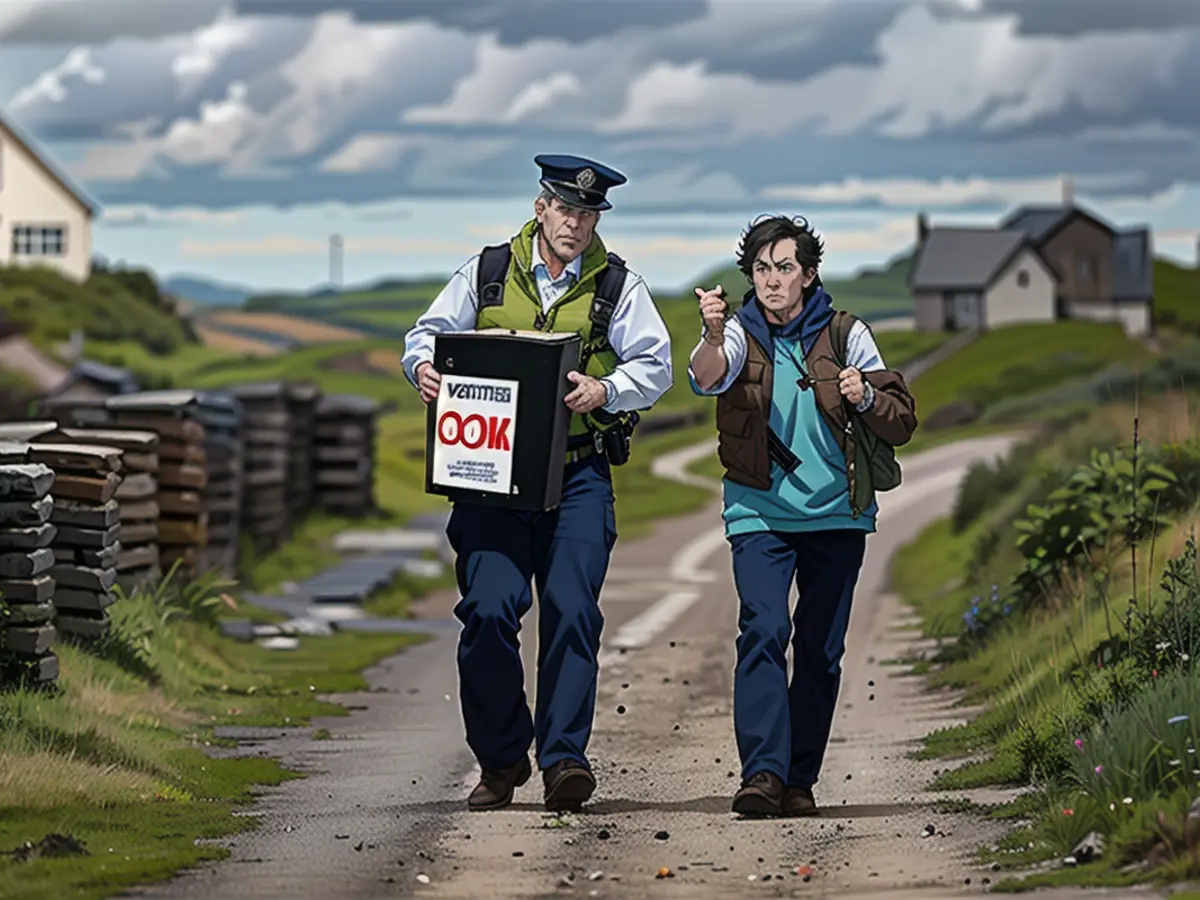What makes the 2024 European elections distinct.
The upcoming European elections mark the tenth occurrence since 1979. Contrary to assumptions, this one might not be just another routine event dominated by national agendas and politicians. Instead, it could signify a turning point for several reasons.
Firstly, right-wing radical parties could potentially surpass the 20% threshold for the first time in these elections. While they won't eliminate the majority of pro-European factions, they could gain significant influence or disrupt decision-making in the European Parliament more. This shift in right-wing extremists in the European Parliament gains significance in light of changes in the European Council over the past two years. Currently, there are seven such governments, and depending on the outcome of the elections in Belgium and Austria, there could be as many as nine. This switch in majorities in the European Council and the weight of right-wing extremists in the European Parliament is a critical development.
Secondly, these elections present an intriguing contrast. For a long time, citizens have not trusted the European Union as much as they do currently. In the spring of 2024, most citizens saw the European Union as a positive force for their country, while only one in eight saw it as a negative influence. Remarkably, the majority of citizens trusted the European Union more than their government. This solid foundation of trust in the European Union, which couldn't be relied upon in the last elections in 2004, during the various crises, adds significance to the present situation. The electorate is now divided into a large pro-European majority and an Eurosceptic minority, more divided than ever.
Thirdly, these elections stand out due to changes in the policy areas of the European Union in the past few years. It would have been impossible to foresee that the European Union would be involved in combating a pandemic and perform better than the governments of the United States, India, Brazil, and Russia. The European Union's strong stance on climate policy and digitalization would also have been unforeseen at the 2019 elections. Additionally, many hoped that the United Kingdom would stay within the European Union. The 2024 elections revolve around a different European Union with new responsibilities. Such a huge transformation in the European Union between two elections is a rare occurrence, with the last one being in 1989, 1994, and 2009. The next elections will determine if the European Union's new responsibilities are desirable to the citizens.
Fourthly, these European elections are special because the European Union is undergoing a significant transformation. The recent shifts like the United Kingdom's departure, changes in the European Council, and fresh challenges, like the Ukraine conflict, make the 2024 elections a crucial test for the European Union's future.
Lastly, the 2024 European elections will serve as a litmus test for the continued increase in citizen interest in European elections and voter turnout. After reaching a low point of slightly over 40% in 2014, voter turnout increased again in the 2019 elections, surpassing 50%. Will this trend continue? The 2024 elections will help ascertain if this is the new normal or an exception.
Voter turnout depends on citizens recognising the influence of the European Union on their daily lives, primarily in consumer protection and environmental matters. However, the European Union has also shown its initiative by distributing COVID-19 vaccines and, through its monetary policy, reducing inflation. The potential increase in participation signals an increased focus on European politics, and parties should respond accordingly. High voter turnout is essential, but the 2024 European elections are anything but routine.
Prof. Dr. Hartmut Kaelble held a chair in social history at Humboldt University in Berlin until 2008. He is one of Germany's most prominent social historians.
Read also:
Guest contributions from various EU parliamentary parties could offer unique perspectives during the discussions surrounding the European elections. These contributions could highlight the diverse views within the European Union and contribute to more informed decision-making in the EU Parliament.
In light of this, several guest contributors have expressed their interest in submitting articles or opinions about the importance of these European elections in shaping the future of the EU Parliament and influencing European policy-making. Their contributions will enrich the discourse and provide valuable insights to the public, serving as a resource for informed voters during the elections.








